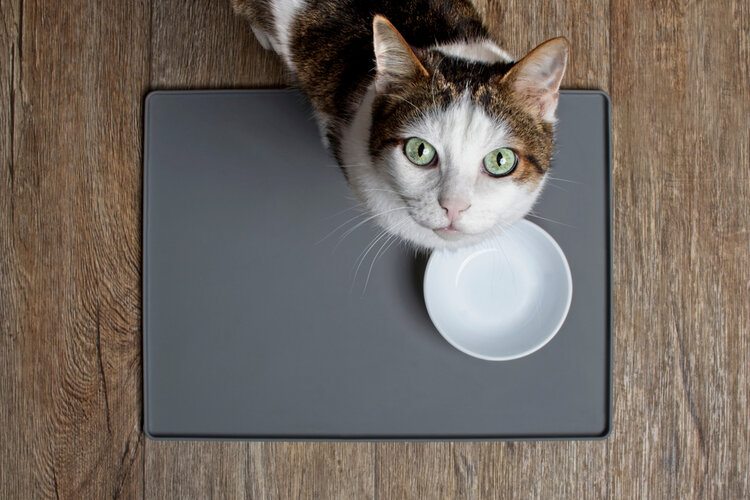Human-grade lactose-free cow milk is safe for cats to drink, but there is a caveat to it—it does not add nutritional value to your cat’s diet and is considered redundant.
Can Small Kittens Drink Milk?
Cats do drink milk, if you’re wondering, but it’s not the best option for them. Tiny kittens require their mother’s milk for nourishment, but by the time they are a few months old, they should have been weaned and be obtaining their nutrients from cat food and water. These older kittens don’t require cow or mother milk at this time.
If your kitten hasn’t been weaned yet, purchase kitten formula from your veterinarian or your neighborhood pet store to bottle-feed it. These will have the nutrients a growing kitten needs. For nursing cows, the best milk is cow’s milk; for kittens, the best milk is kitten formula.
Because kittens have more lactase in their systems than adult cats do, young cats can digest milk better than adult cats. As they grow, the enzyme disappears from their systems. “They probably are,” is the response to the query “Are cats lactose intolerant?” ”.
A 2019 clinical study of the gastrointestinal tract of cats with regular consumption of lactose found that most adult cats stop producing lactase by the time they’re a year old. Because of this, adult cats can only tolerate a small amount of lactose, the natural sugar found in dairy milk, before they have digestive problems like lactose intolerance.
What are the Symptoms of Lactose Intolerance in Cats?
Although milk doesn’t always love cats back, most cats do. Some cats are lactose intolerant. These cats can’t digest the milk because they don’t have enough lactase enzymes. Your cat may get diarrhea as a result of their digestive systems’ attempts to eliminate the milk, and bacteria are drawn to the undigested lactose in their digestive tracts. As the lactose sugar ferments, it produces unpleasant gas and acid in the stomach.
Symptoms of lactose intolerance in cats include:
- Abdominal pain
- Bloating
- Diarrhea
- Vomiting
- Constipation
- Dehydration
- Excessive thirst
- Increased heart rate
Your cat probably isn’t supposed to drink milk if you give it to it and then notice these symptoms.
Even if a cat is not lactose intolerant, they may still have problems with milk, such as sensitivity to casein, a protein found in milk, or an intestinal disorder that makes it difficult for them to digest milk. Offering your cat a saucer of milk as a treat could make them feel sick to their stomach and cause vomiting and diarrhea.
Why is Milk Bad for My Cat?
Many cats, like some people, are intolerant to lactose, and their bodies do not produce the necessary enzymes to break down lactose. Dairy products contain a sugar called lactose, which must be broken down by the enzyme lactase in order to be properly digested. Because most adult cats are deficient in this enzyme, lactose sugar will remain in your cat’s stomach instead of being broken down.
The intestinal bacteria of the cat ferments undigested lactose, resulting in stomach issues such as bloating, pain, vomiting, and diarrhea. Although not all cats have a lactose intolerance, the majority do. For this reason, it’s imperative to refrain from giving dairy products like cheese and milk.

FAQ
What type of milk can cats drink?
Is lactose-free milk safe for pets?
Does mother cats milk have lactose?
Can I give lactose-free milk to my cat Reddit?